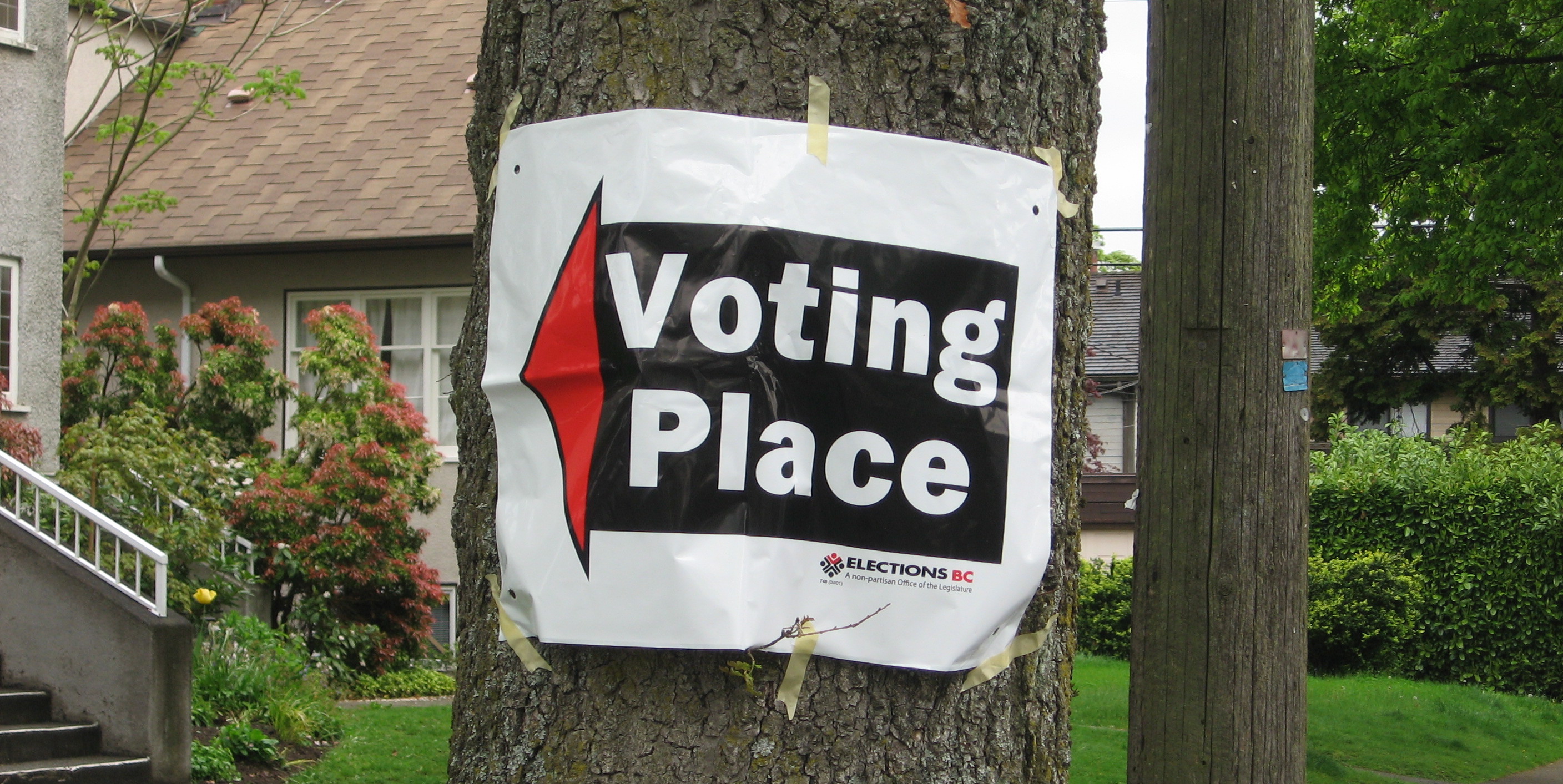When I was 30 years old and in my first months of training to be a family doctor, my grandmother, my last living grandparent, died. She struggled with many health conditions and had many surgeries in her life, but her leukemia took her life more quickly than we expected. She was happy on the far side of a very hard life, and she was ready to say goodbye. But it came as a surprise to us and left me with a deep void for my elders now deceased, and I write to you now from this place.
When she was young, my mother and her parents arrived in Ohio as refugees. (My dad has a similar story, arriving in Canada.) They escaped war, and came to North America with the inevitable trauma and resilience of people who survived war, and hope for better future for their family. Their hardship continued; as the eldest child, my mom supported the family through experiences of illness, poverty, illiteracy, discrimination and fear, and this took a toll on her. But there was always hope, and in a strong post-war economy, tireless work, and small steps up the economic ladder paid off.
I am the first generation in my family not to grow up in poverty and I notice my privilege every day. This is part of the story about why I advocate tirelessly for a stronger public health care system in Canada, and for people struggling with the health effects of poverty. It all hits close to home.
But I need your help. Much has changed since the early 1970’s when my grandparents were my age. Perhaps the most important change that I witness in my work and in my life, is the lack of hope. Through much hardship, my grandparents were able to steadily build a better life for our family. But now, for so many British Columbians, this is no longer the reality:
-
Income inequality is rising rapidly, both for seniors and young people, whereas more equal countries are better for everyone.
-
People dependent on disability and welfare are trapped in poverty with rates that haven’t increased in decades.
-
So are those working for minimum wage — my grandparents all worked minimum wage jobs and were able to get somewhere, but that isn’t the reality for people today.
-
Depression is the most common cause of disability.
-
We can’t afford housing.
-
Or health care. We care about you, dear elders, and our government does not — they will not act on good health care, home care, and long term care for seniors.
-
Or child care. And even if we can afford child care, we can’t find any spaces.
-
Food bank use is on the rise, especially by young families.
-
The economy is stagnant and dependent on resource extraction industries that export raw materials and jobs, and are not accountable for pollution.
-
Climate change is threatening our future and our health, yet government continues with business as usual.
-
And worst of all, we are guests on this land that has offered many of us a better life, and we have a government that continues to disrespect our hosts — the First Nations people of B.C.
For people young and old, there is a lot here to worry about — maybe too much, so instead we just do our best to get by. Maybe differential abilities to look away from the future are related to voting trends split by age in the U.K. and the U.S. in recent elections. But I also know that at the core of a grandparent’s love is their hope for their children and grandchildren’s future. So this is a plea from the younger generation to the elders: please don’t look away. As we fight every day (even those of us with privilege) to afford rent and find hope, please help us.
You can help us in this election by getting on the phone today and tomorrow and asking the younger people in your life to vote, or to ask what matters to them in this election. Consider voting together, or offering child care so that they can go vote. I think we all find hope in similar places, including in coming together to fight for what matters.
For example, you can find a guide to voting for health, for the environment, or for electoral reform. You can also vote with the Aboriginal peoples whose unceded land we live on.
Young people believe that we can change things for the better, like my grandparents did when they came to North America. Today, we see hope in movements of sustainability, community-building, and smart policies that build not both stronger economies and hopeful futures. But we need help in building this better society. We need government’s help, and we need your help. Please, pick up the phone, talk to the young people in your lives, and help us restore our hope for a better future.
Image: Flickr/Beth
Please chip in to keep stories like these coming.




